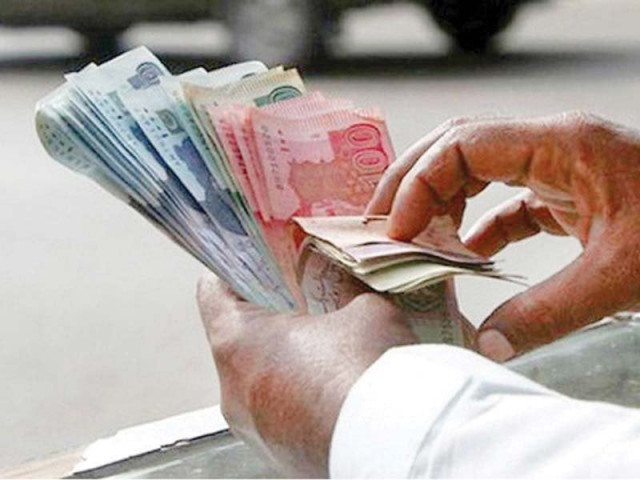Restricted: Need to mobilise provincial resources
Lack of fiscal flexibility means economy staying stagnant

Lack of fiscal flexibility means economy staying stagnant . PHOTO: FILE
Fiscal flexibility means that a government may alter its spending choices by taking into account boom and recession cycles. If an economy is in recession, it can increase its expenditure.
On the contrary, if an economy is in boom, it may reduce its expenditure since private sector is already playing a significant role. In other words, a ‘counter cyclical fiscal policy’ is the key to promoting structural transformation and economic development.
Any consideration of fiscal policy should make a distinction between revenue and expenditure. A revenue breakdown of consolidated fiscal operation of Pakistan in FY15 shows that direct taxes constitute around 35% of the tax revenues, while the rest is attributed to indirect taxes.
How to increase revenue
Though direct taxes are progressive in nature, they are difficult to collect since the tax base is quite narrow due to low number of income tax filers and issues of non-compliance.
The stalemate between the government and traders on the withholding tax (WHT) issue testified this. Therefore, it has become difficult for the government to increase revenue through direct taxes.
The other option left is through indirect measures such as general sales tax, customs, gas infrastructure development cess (GIDC), natural gas development surcharge (NGDS) and petroleum development levy (PDL) which are regressive in nature.
The recent increase in regulatory duty on imported items is an example of a quick fix solution to raise revenue.
The government can increase revenues from indirect sources up to an extent owing to lower output growth and political compulsions.
The growth in total expenditure remained around 7% in FY15 as the government adopted a strict fiscal discipline. After the 18th Amendment of the constitution, the provincial share of total expenditure is the largest due to fiscal decentralisation. The provincial share is around 25% of total expenditure followed by debt with 24%, while the share of development and defense expenditure remained 21% and 13%, respectively.
Interestingly, the government’s consumption expenditure was around 14% of total expenditure which shows that the government is walking on a tight rope.
Provincial share
After the 18th Amendment, the share of provinces has increased, but consolidated provincial taxes were Rs205 billion in FY15 that became around 11% of total revenues of the provinces.
The provincial governments heavily depend on the federal government for revenues since it provides around 85% of resources. This reflects that provincial resource mobilisation is in its infancy at the moment.
In order to materialise the goal of provincial autonomy, provincial resource mobilisation is the need of the hour which paves the way for fiscal autonomy.
In short, there is an element of inertia in total expenditure of a government. If it reduces public investment on infrastructure, it will bring output loss since private sector does not do infrastructure investment. Similarly, if a government scales down expenditure on education, health, sanitation and social security, it will delay human capital development. The consumption expenditure is usually considered wasteful which are already in a lower range.
This is a manifestation of lack of fiscal flexibility which is not allowing successive governments to steer the economy out of its current stagnation. Therefore, any debate on charter of economy should take into account the role of ‘counter cyclical fiscal policy’. Otherwise, the only option is to return to the International Monetary Fund at frequent intervals.
The writer is an Assistant Professor of Economics at Lums
Published in The Express Tribune, January 4th, 2016.
Like Business on Facebook, follow @TribuneBiz on Twitter to stay informed and join in the conversation.



















COMMENTS
Comments are moderated and generally will be posted if they are on-topic and not abusive.
For more information, please see our Comments FAQ